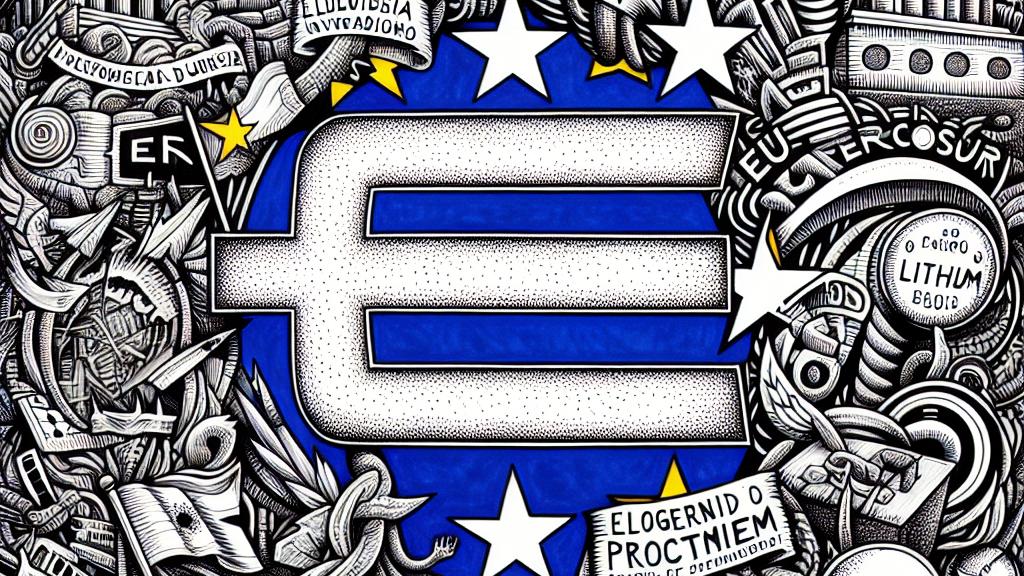Unveiling the Importance of Lithium in Europe's Game-Changing Trade Deal
Overview
- In a historic move, the EU and South America have finalized a trade agreement focused on crucial lithium resources.
- This strategic deal aims to significantly reduce Europe’s reliance on lithium imports from China.
- While promising transformative benefits, the agreement is met with strong opposition, particularly regarding its potential implications for EU agriculture.

The Trade Deal Dynamics
On December 6, 2024, after an arduous journey of 25 years, the European Union (EU) and the Mercosur bloc—which includes Brazil, Argentina, Paraguay, Uruguay, and Bolivia—concluded a landmark trade agreement. This isn’t just bureaucratic jargon, but rather a significant turning point in international trade that could reshape economic interactions across continents, impacting over 700 million people. By establishing one of the largest free trade zones in the world, the deal aspires to eliminate tariffs, cultivate investment, and dismantle trade barriers. Furthermore, this agreement is a robust answer to the rising tide of global protectionism, embodying a commitment to open trade and fostering cooperation in an increasingly fragmented world.
Lithium's Pivotal Role
Now, let’s talk about lithium, often referred to as 'white gold'—and for a good reason! This precious resource is poised to play a crucial role in the green energy shift, powering everything from electric vehicles to smartphones and laptops. Countries like Argentina and Bolivia are sitting on vast lithium reserves, placing them at the forefront of this trade revolution. For instance, Argentina currently supplies a notable share of the global lithium market, making it indispensable for Europe’s ambitious plans to transition away from fossil fuels. As one analyst put it, lithium is becoming as vital as oil once was; hence, forging strong relationships with these lithium-rich countries is crucial for ensuring Europe remains competitive in the ever-evolving global economy.
Controversies and Future Implications
However, we can’t ignore the chorus of dissent surrounding this agreement. Countries such as France and Poland have raised significant concerns, suggesting that an influx of cheaper South American agricultural products could disrupt local markets and jeopardize farmers’ livelihoods in Europe. This brewing discord underscores the tension that often accompanies such ambitious trade deals—where the pursuit of critical resources must be weighed against the protection of local industries. As the agreement makes its way through the ratification process, it will be vital to strike a balancing act between securing essential minerals and sustaining local agriculture. The outcome of this incredibly important agreement will not only determine the future of EU-Mercosur relations but also set a precedent for how trade negotiations will address environmental and economic sustainability simultaneously.

Loading...